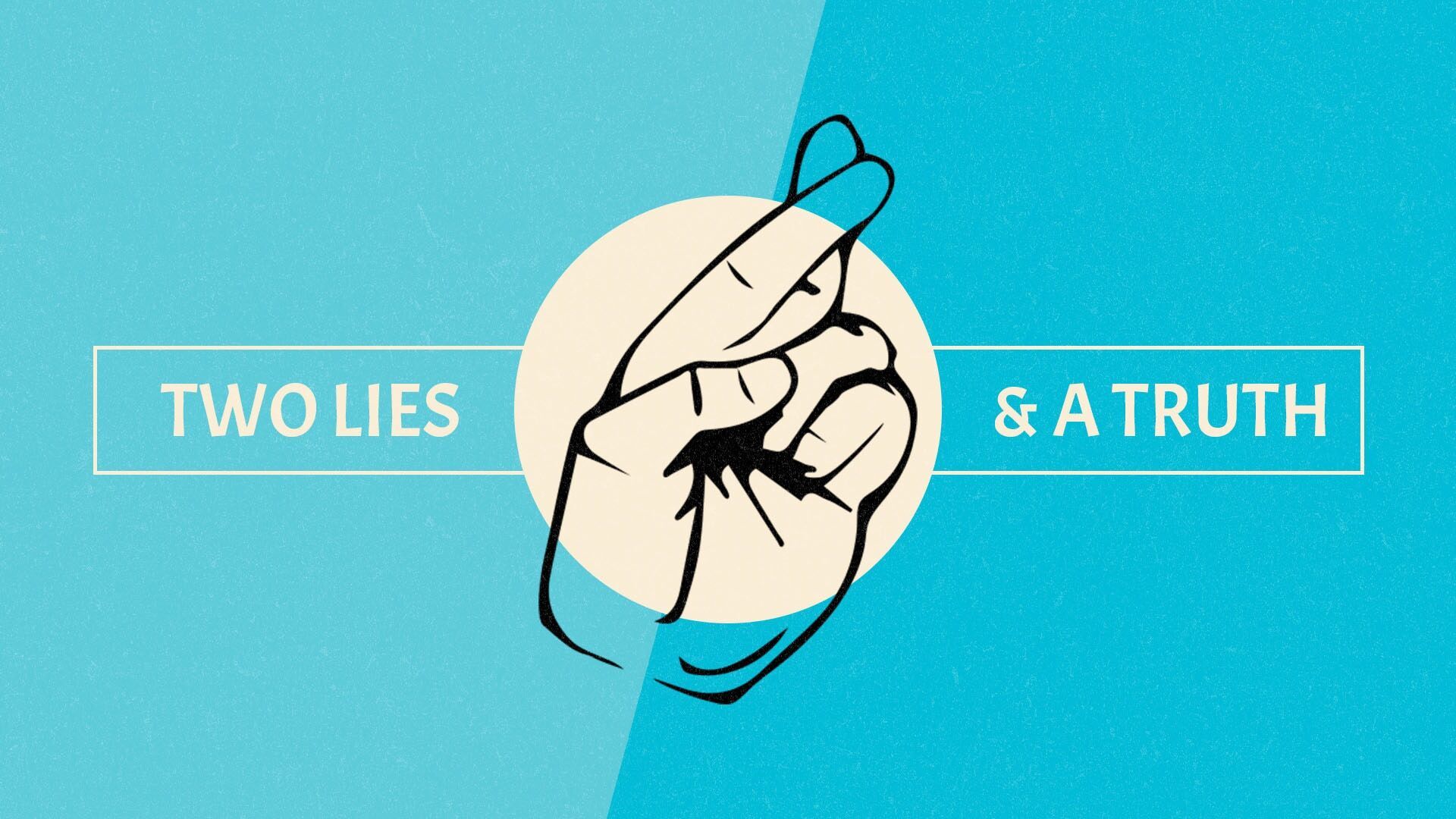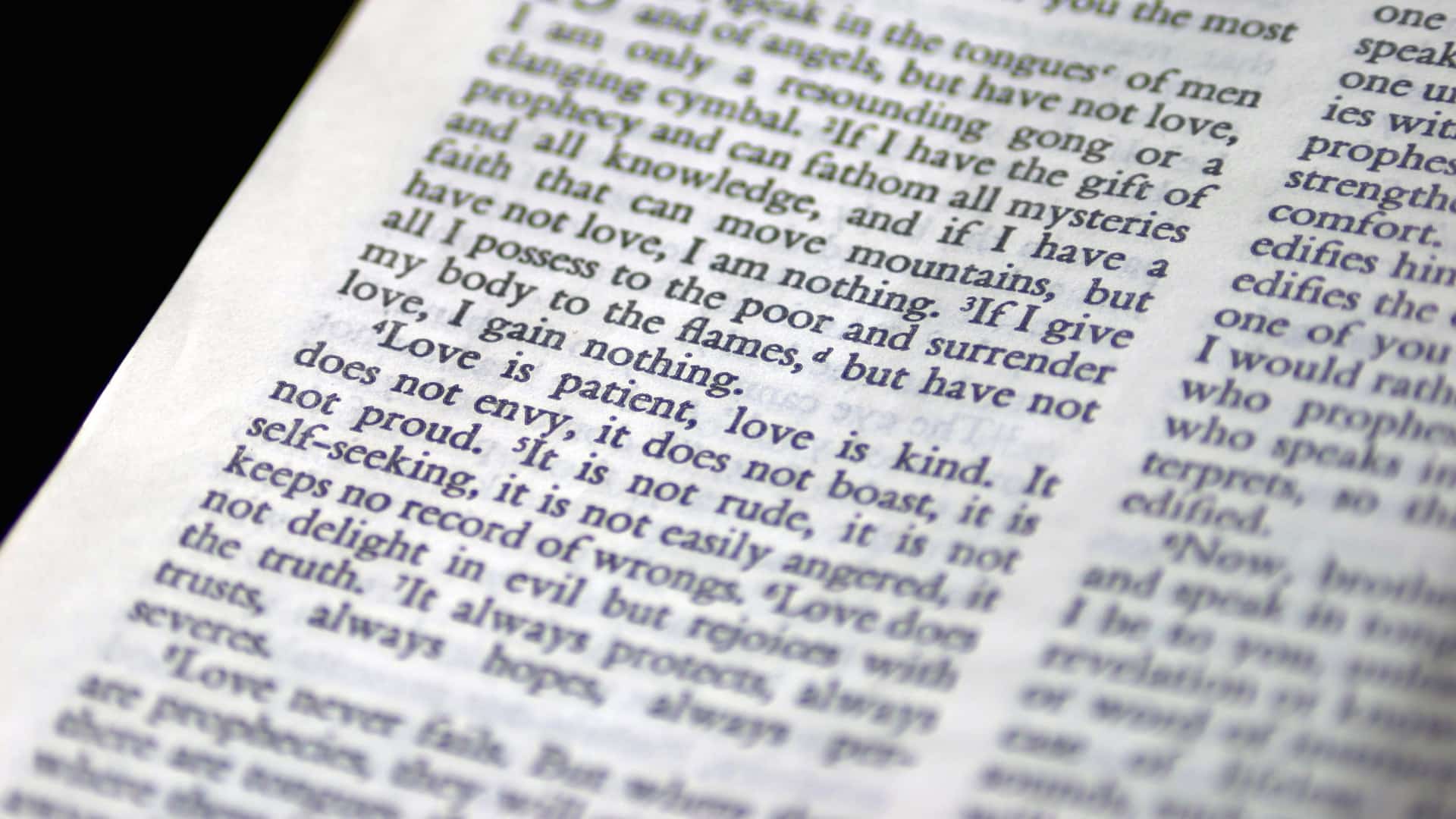Why the Resurrection Matters (1 Corinthians 15)

Big Idea: Jesus rose from the dead, and we will too, so live like it.
What happens after you die? It’s an incredibly important question.
At the moment of death, all muscles in the body relax. Within minutes of the body dying, rigor mortis begins to set in, and the body begins to cool. Within 12 hours, tissues will start to decay. Your skin will begin to shrink. Decomposition begins within 4 minutes of your death. Enough information for now. For a lot of people, that’s all that happens after you die.
The passage we read says that death is just the start, and it's important to know this because it affects how we live now.
We are close to the end of a series called Gospel Lens. We’ve been looking at a letter that Paul wrote to a church in Corinth two thousand years ago. It was a church with real problems, and Paul has been trying to help answer these questions by bringing them back to the truths of the gospel.
Tonight, Paul comes to one last problem. Here’s the problem: some people in the church don’t understand what happens when we die. The Greeks back then didn’t believe in the resurrection. They may have believed in the immortality of the soul, but not of the body. They saw the body as a kind of prison, and death marked the escape of the soul from the body. It seems that many Christians even in the church adopted this view. Our souls may live on, but dead men don’t rise. Dead bodies stay dead.
By the way: I’m not sure things have changed. I sometimes sense that we’re very confused about what happens after death. The news of the gospel is much better than anything the world offers us for when we die.
So what’s the good news about what happens at death?
Paul wants to tell us three things.
First, Jesus really rose from the dead (15:1-19).
We just celebrated Easter. Easter is about the amazing news that Jesus rose again from the dead. Jesus defeated death and rose in his body from the dead.
Verses 1 to 11 are all about this. Paul says:
Now I would remind you, brothers, of the gospel I preached to you, which you received, in which you stand, and by which you are being saved, if you hold fast to the word I preached to you—unless you believed in vain.
For I delivered to you as of first importance what I also received: that Christ died for our sins in accordance with the Scriptures, that he was buried, that he was raised on the third day in accordance with the Scriptures… (15:1-4)
If you’re a Christian, you need to understand certain facts because they are central to the gospel:
- Jesus died for our sins in fulfillment of the Scriptures
- His death was not the end. He was buried and he rose again.
- His resurrection was witnessed, Paul says, by over 500 eyewitnesses.
These facts are essential to the gospel. In fact, Paul goes on to say that Jesus’ resurrection is so central to Christianity that if it’s not true, everything collapses.
And if Christ has not been raised, then our preaching is in vain and your faith is in vain. We are even found to be misrepresenting God, because we testified about God that he raised Christ, whom he did not raise if it is true that the dead are not raised. For if the dead are not raised, not even Christ has been raised. And if Christ has not been raised, your faith is futile and you are still in your sins. Then those also who have fallen asleep in Christ have perished. If in Christ we have hope in this life only, we are of all people most to be pitied. (15:14-19)
If Jesus’ resurrection is not true, we have nothing left. The whole message collapses. “If the tomb isn’t empty, the gospel is” (Mitchell Chase). Paul wants us to grasp the importance of Jesus’ resurrection.
Jesus really did rise from the dead. That’s the first thing Paul wants us to understand.
Here’s the second:
Jesus’ resurrection is the blueprint for our own.
This is where it gets real for us.
Jesus’ resurrection is not just a historic fact. It’s more. It’s also a blueprint for the resurrection of all who have trusted Jesus.
But in fact Christ has been raised from the dead, the firstfruits of those who have fallen asleep. For as by a man came death, by a man has come also the resurrection of the dead. For as in Adam all die, so also in Christ shall all be made alive. (1 Corinthians 15:20-22)
Here’s what Paul is saying. All died in Adam. When Adam sinned, he plunged the whole world into death. When sin entered the world in Genesis 3, it affected everybody and everything.
But Jesus has changed all that. When he rose from the dead, he was just the first. We will follow. Paul talks about firstfruits. In the Old Testament, the first of the harvest was brought to God as a sacrifice. It was the first of the harvest; the rest came later. Paul is saying that is the case with Jesus’ resurrection. Jesus’ resurrection is the first of that harvest, but not the last. Just as Jesus was raised, our bodies will be raised from the dead as well.
Christ’s resurrection is not an isolated incident. It is part of a scenario in which God will triumph over death by raising all who trust in Jesus too.
How exactly does that work? Paul explains:
So is it with the resurrection of the dead. What is sown is perishable; what is raised is imperishable. It is sown in dishonor; it is raised in glory. It is sown in weakness; it is raised in power. It is sown a natural body; it is raised a spiritual body. If there is a natural body, there is also a spiritual body. (1 Co 15:42–44)
In some ways, your resurrected body will be like the body you have right now. It will still be you. Jesus’ resurrection body seems to have been similar in some ways to his pre-resurrection body. You will be raised, not destroyed. It seems like you’ll be recognizable and able to recognize others.
But there will also be some discontinuity. Your new body will be different. Your resurrected body will not have some of the limitations that it has now.
Randy Alcorn writes:
Our resurrection bodies will be free of the curse of sin, redeemed, and restored to their original beauty and purpose that goes back to Eden. The only bodies we’ve ever known are weak and diseased remnants of the original bodies God made for humans. But the bodies we’ll have on the New Earth, in our resurrection, will be even more glorious than those of Adam and Eve.
No weakness. No infection. No tiredness. No sickness. No death. It’s hard to imagine, but that is the body you will have.
Our resurrection bodies will not be less than physical. They will be more. “Unlike our present bodies, which begin to break down if we go a few days without food and water, our resurrection bodies will be guaranteed to live forever” (Mike Wittmer).
That is what we have to look forward to. Your future is not as a disembodied spirit. Your hope is a physical, resurrected body in a new heaven and a new earth. That is our hope.
Jesus rose from the dead, and we will too. That’s what Paul wants us to understand.
But then he tells us one more thing.
Understanding all of this should change the way we live today.
What difference does this make? It makes all the difference in the world for how we live today. I love how the famous preacher Charles Spurgeon put it: “Let us never think we’ve learned a doctrine until we’ve seen its fruit in our lives.”
In light of the resurrection, Paul says, live wholly for God. Read verse 58: “Therefore, my beloved brothers, be steadfast, immovable, always abounding in the work of the Lord, knowing that in the Lord your labor is not in vain.”
Friends, in light of the resurrection, live wholly for God. Don’t let anything move you. Give everything to him. Keep pressing on.
John Piper summarizes:
Christ has come. He has died for you. He took all your sins on himself. He satisfied the demands of the law for you. The sting of death is removed. There is no condemnation. No hell. No fear. Though your body be laid in the grave, Christ will come and the trumpet will sound, and this mortal body will put on immortality and this decomposing, decaying body will become imperishable. Death is swallowed up in a great, blood-bought, Christ-wrought victory. To die is gain. Away from the body, at home with the Lord…
Therefore, 1) be steadfast, 2) be immovable, 3) abound in the work of the Lord.
“Steadfast” means steady as you move forward. Keep on going and don’t let up. Don’t be given to fits and starts. Put your hand on the plow and don’t take it off till your work is done. Steady movement forward till your work is done.
“Immovable” means don’t get knocked over by sudden blows. Keep your balance. Stand strong and unshaken when the rains come down and the floods come up and the winds blow and beat against your house. Be like a boulder that can’t get washed away. Be like a tree that can’t get blown down.
“Abounding in the work of the Lord” means do lots of it. “Abound in” means “overflow with.” Fill your days with things that count for Christ. Pray and dream and plan and then work, work … work while it is day.
All because of the resurrection.
Jesus rose from the dead, and we will too, so live like it.
Sandra McCracken is a Christian songwriter. Listen to her songs if you don’t know them. I heard an interview with her this past week in which she said:
If we sing songs with thin ideas, superficial hopes, and more hype than authenticity, we will find ourselves depleted in the times when we need some truth to fall back on. We need songs sturdy enough to sing at the bedside of a dying friend.
I love that. We need songs — we need truths — sturdy enough to sing at the bedside of a dying friend.
And that’s what the resurrection gives us. It gives us a truth that we can fall back on no matter how bad things get. It really changes everything.
Lord, thank you for Jesus’ resurrection. And thank you that because he rose, all who trust him will be resurrected too. Allow these truths to change how we live now. We pray this in Jesus’ mighty name. Amen.





